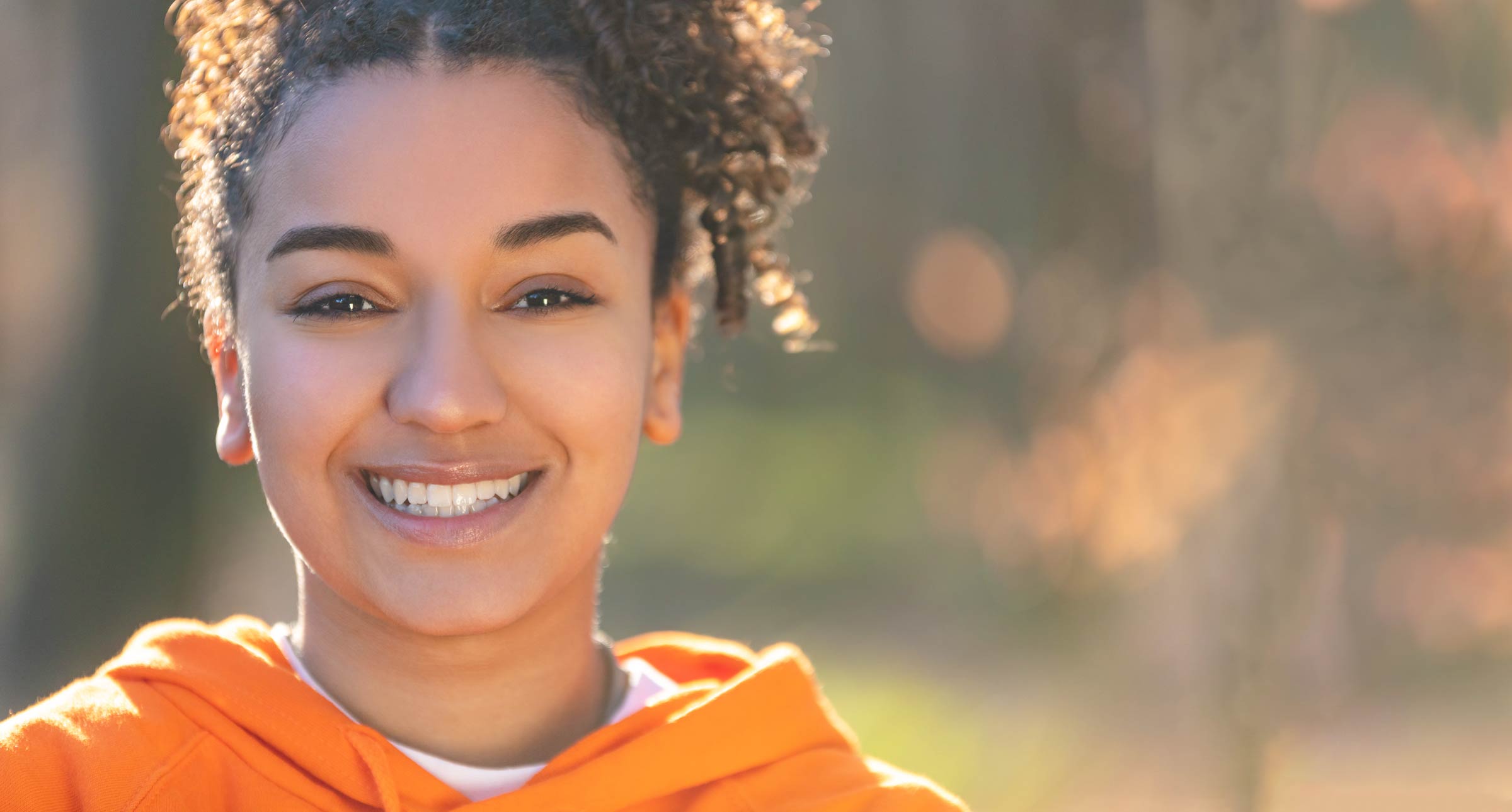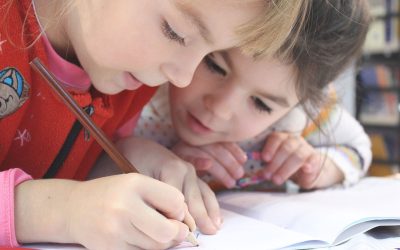How can parents encourage their children’s creativity?
Creativity is an essential tool for success and fulfillment in an unsettled and uncertain world.” – Matthews & Foster, 2021, p. 40
Parenting is full of opportunities to nurture children’s imagination and creative expression. There are many possibilities—for example, encouraging wonder, flexibility, and effort. Resilience is also important, including helping kids learn to welcome problems as ways to figure out how to do things better and find new approaches to thorny problems and setbacks.
Since creativity is a choice, it makes sense to consider why some children choose it and others do not. Creative expression can be fun, enable kids to deal with challenges and changes, and fuel their enthusiasm for learning. However, not every child knows this. Moreover, some kids wrestle with creativity, and need extra help before they can engage freely in discovery, imaginative or unstructured play, artistic activities, inquiry, or brainstorming. (Check out the scores of articles in my online column at The Creativity Post. Topics include the impact of struggle, experience, music, expectations, special needs, mentorships, nature, craftsmanship, confusion, relaxation, and more.) What ignites creativity varies from person to person, so factors that support its development vary among children and across different ages and stages. If one strategy doesn’t work for your child, try another, or a combination of two, three, or more over time.
Seven Strategies for Parents
The following suggestions for parents provide avenues to nurture and support children’s and teens’ creativity, at home, in concert with teachers, or elsewhere.
1. Provide diverse experiences.
Encourage shared, independent, innovative, unstructured, and hands-on multisensory activities. This includes taking time to enjoy nature, outdoor play, sports, games, and physically challenging activities on land, water, or wheels—all of which can strengthen your child’s body; develop their motor skills; improve their energy, health, and well-being; and stimulate their creativity.








